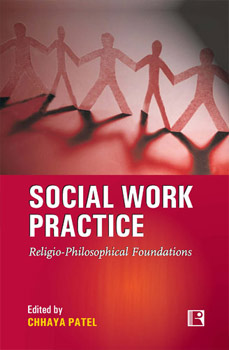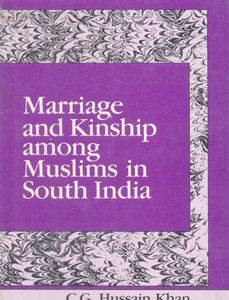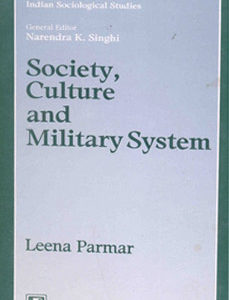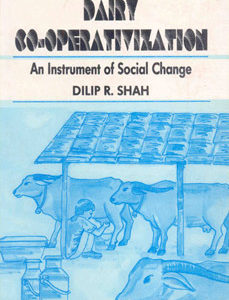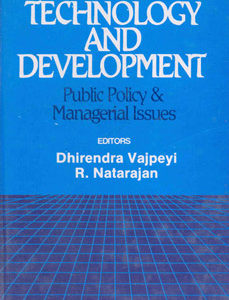SOCIAL WORK PRACTICE: Religio-Philosophical Foundations
₹1,095.00 Original price was: ₹1,095.00.₹876.00Current price is: ₹876.00.
25 in stock
After sixty years of independence as we step into the 21st century, it is an opportune juncture to review and re-examine the relevance and working of ideas, ideals, value systems, institutions, practices and processes employed and engaged in the enormous task of social transformation and nation-building in India. The genesis of much of the discipline, profession and practice of social work are rooted in West as is the case with regard to all other fields and disciplines of knowledge. Social work practice primarily engages itself in understanding the problems of society. It seeks to make culturally relevant and socially appropriate interventions towards its ultimate goal of creating a conflict-free, equal, non-violent, harmonious, fair, just, good and caring society. The volume is composed against this historical and ideational backdrop.
This multidisciplinary compendium of essays by scholars from the disciplines of social work, sociology and philosophy, is divided into three parts. The first part of the book covers issues on religio-philosophical foundation and social work practice. It deals with the issues of linkages between religious philosophy and general as well as social work perspectives. The essays in second part take the various disciplinary concerns of social work profession, education and aspects of practice in NGO sector in India. The final part comprises of discussions on various sites of social work disciplinary interest and practice such as rural reconstruction, age-care policies, female casual labourers, community mental health and women’s development. Well presented, the volume will be a welcome addition to the library of anyone interested in social work practice in India.
| Author's Name | |
|---|---|
| Binding | |
| Release Year | |
| Language | |
| Publisher |
Related products
Sociology
Sociology
Sociology

